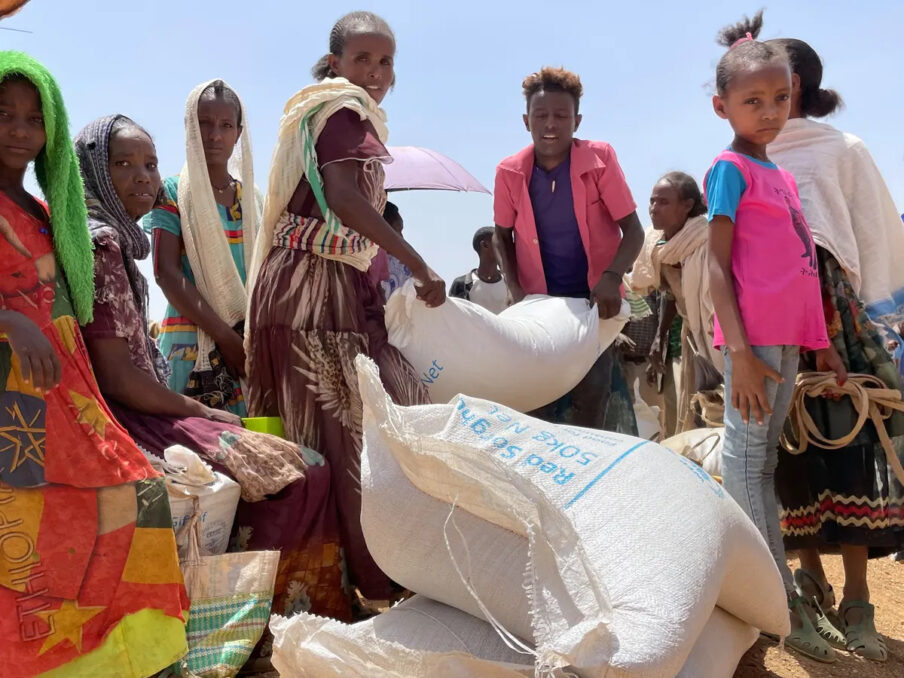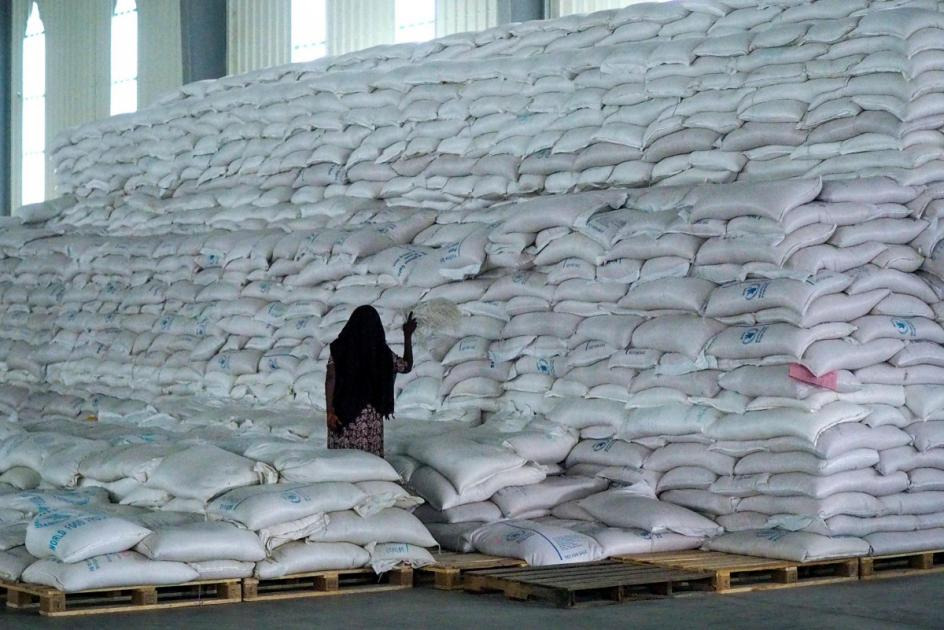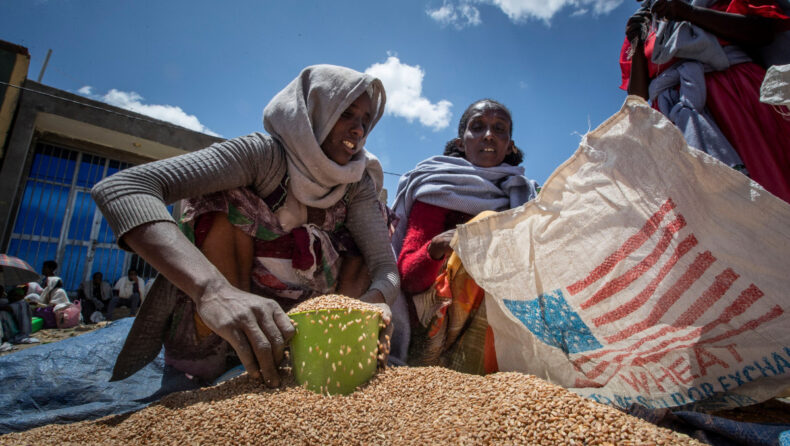
After it was discovered that supplies intended for those in need were being stolen, food aid to Ethiopia was put on hold.
In order to implement “enhanced safeguards and controls that will ensure humanitarian food assistance reaches targeted, vulnerable people,” the UN’s World Food Programme (WFP) announced on Friday that it is suspending food assistance. It comes a day after the US Agency for International Development (USAid) said that it was taking similar action after discovering “a widespread and coordinated campaign” that was stealing food aid from Ethiopian citizens during a “countrywide review.”
The USAid in a statement made it clear that it was a tough but necessary decision until reforms take place.
Need for Aid in Ethiopia
More than 20 million people in Ethiopia need humanitarian assistance as the nation is gripped by civil war and the worst drought in forty years. The US is the greatest single donor to the nation, providing $1.8 billion (£1.4 billion) in aid during the most recent fiscal year.

Food deliveries to the northern Tigray region had previously been halted by USAid and the WFP while they looked into claims that aid had been taken there. Nearly all of Tigray’s 6 million residents, who were in the epicentre of a civil conflict that concluded in November, depend on help.
Role of Ethiopian government in theft
The organisations that provide aid have not assigned responsibility for thefts. However, a group of international funders claims in an internal memo that Ethiopian government officials are participating.
According to “extensive monitoring,” this theft of donor-funded food aid is a planned and criminal conspiracy that has kept life-saving food aid from getting to the most vulnerable. The federal and regional governments of the nation were a part of the plan so that military units, all over the country, receive aid.
According to the report, USAid inspectors have been to “63 flour mills in seven of Ethiopia’s nine regions” since March and have “witnessed significant diversion” of aid from the US, France, Japan, and Ukraine.
A different document that was published in May on USAid’s website before being removed described instances in which grain from the US was sold in markets all over Tigray in March and April.
In the city of Shire, which is home to several war refugees, there was enough wheat available for sale “in a local grain market and being processed into flour at mills owned by local wholesalers” to feed 134,000 people for a month.
Under the condition of anonymity, a US official claimed that the federal government of Ethiopia was feeding Tigrayan fighters who had been demobilised as part of the truce with some of the stolen aid. Meanwhile, according to two relief workers who also asked to remain anonymous, rebel Tigray authorities frequently “taxed” aid rations from recipients at flour mills throughout the war.
Ethiopia has promised to conduct a probe “so the perpetrators of such diversion are held to account.”
In the wake of rumours that he had quit, the WFP has confirmed that Claude Jibidar, its country director for Ethiopia, is on leave. Jibidar refused to say whether or not he was going back to his job in a text message to the Guardian.
Devastating famines and conflicts struck Ethiopia throughout the 1970s and 1980s. Aid organisations have long attempted to prevent combatants from using their food deliveries. The government was accused by the UN of restricting food to Tigray and using “starvation as a method of warfare” during the most recent conflict, and it also accused relief organisations of providing weapons to the Tigray rebels.













